Our Experience With Inclusion
Every person has some relationship to inclusion, and there are as many definitions of the concept as there are ways in which to provide it. Your organization may have extensive diversity and inclusion policies in your work setting; you may be aware of schools providing inclusive education; you may be a person living with a disability or the caregiver or parent of a child or parent with a disability; or you may say that you have had no experience at all with inclusion because you define it as “something for people who are marginalized” and that is not your lens.
However, if you have ever been invited or not invited to an event, welcomed by strangers into a new space, worked in groups, taken any form of education or training, then you do have a relationship with inclusion. The relationship may be positive and something you remember fondly, or it may be negative and something that makes you hesitant to return. The most important step in creating more inclusive spaces is starting where you are, authentically.
We often see organizations, educators, designers, parks and recreation leaders, etc. try to start where they want to be instead of where they are. This more often than not creates barriers to building truly inclusive spaces and adopting a more inclusive mindset. In attempting to be more inclusive we hear about the complexity of required change, ineffective processes, high rates of employee burn out, and declining participant satisfaction. High expectations and lack of experience regularly leads us to fast track the process and often results in poor outcomes, unauthentic and unsustainable change.
The idea that inclusion has a defined finish line or list of checkboxes that, once ticked, results in “perfect inclusion” is not representative of reality. Inclusion is a feeling, and a way of interacting, it is profoundly personal, and it is as ever-changing as our own life process. What feels inclusive today may not be inclusive a year from now.
We often shame organizations, services, products, and people for not being more inclusive, which does not move people toward inclusion but away from it through feeling defeated by what becomes an undefinable process. It is not hard to recognize why diversity and inclusion continue to cause individuals anxiety, we do not want to be seen as unprepared, unqualified, unkind or uninformed. We race to be where we want to be vs. where we are at. Inclusion is a journey, not a finish line.
Play and Inclusion
Play invites us to change our relationship with inclusion by creating the opportunity for discovery, renewed curiosity in difference, risk, and failure without judgment, and new and diverse ways of thinking. Like anything worth doing, inclusion takes practice and experience. Inclusion is not just physical accessibility, such as including ramps in walkways; it is cognitive, social and emotional. Consider anything you have learned as a lifelong skill, did you run before you walked? Did you start to swim in the deep end of the pool? Were you able to swim at all? All of these tasks required physical, cognitive and social/emotional engagement to attempt, learn and develop. Inclusion is no different, as establishing the process and following with practice improves the outcome.
The “start where you are” process begins with finding a play space where everyone can access play physically, cognitively, socially and emotionally. There is an ability to explore, create, and navigate without set parameters of “how”; and without the weight of expectation, players direct their own path and process. They build and rebuild, do and undo, and often surprise themselves and others by what they are capable of.
Ramshackle Play by AMPED2PLAY builds on the ageless human drive to play (Brown, S., 2009) and opens the door to an inclusive, multigenerational and collective process. Ramshackle Play is both a Program and a Training Certification based on the creation of professional, inclusive, and multigenerational play spaces and opportunities.
Ramshackle Play is about recreating the historical foundations and process of play which fosters independent player-led learning. Players explore, risk, discover, fail, commit, and through these experiences, they develop physically, cognitively, socially, emotionally, and collectively. Ramshackle Play provides players unique play situations where people of all ages and regardless of ability can then find their space to explore their personal play while expanding their resiliency, responsibility, and readiness in areas that reflect personal and professional health and wellness.
Ramshackle Play Professional Training and programming was developed by and is instructed by professionals in Adapted Physical Education, Recreational Therapy, Play Therapy, and Adaptive Kinesiology. The Ramshackle Play process asks us to consider the physical, cognitive and social/emotional capability and capacity of every player. It is an invitation to widen our perspective and beliefs about the strengths of all people.
Ramshackle Play helps people, organizations, and programs move from Ramshackle (adjective \ ram·shack·le \ ram-sha-kәl \) “poorly constructed or in a state of near collapse” to resilient, responsible, and ready in personal and professional health and wellness.
Ramshackle Play fosters independent player-led learning. Players of all ages and abilities explore, risk, discover, fail, commit, and develop physically, cognitively, socially, emotionally, and collectively. In a world where we are often told what to do, how to do it, and what we want, Ramshackle Play instead asks us to decide, initiate, change, bend, invent, solve problems, cooperate, listen, and engage.
Ramshackle Play grows positive social change, through exploration and discovery of play with materials typically seen as recycled or unusable. The result is a rich play environment that fosters connections across generations and through education for people of all abilities.
Like inclusion, we all have a connection to play. Even if that connection is an apprehension that play is unproductive or just for kids, we do have a relationship to it. We see play as an opportunity to communicate our strengths and expand our ability to hold a wider frame of reference in which to observe and understand the ability of others. Start where you are.
References:
- Brown, Stuart L, and Christopher C. Vaughan. Play: How It Shapes the Brain, Opens the Imagination, and Invigorates the Soul. New York: Avery, 2009. Print.
- Brené Brown (2012). “Daring Greatly: How the Courage to Be Vulnerable Transforms the Way We Live, Love, Parent, and Lead”, p.62, Penguin

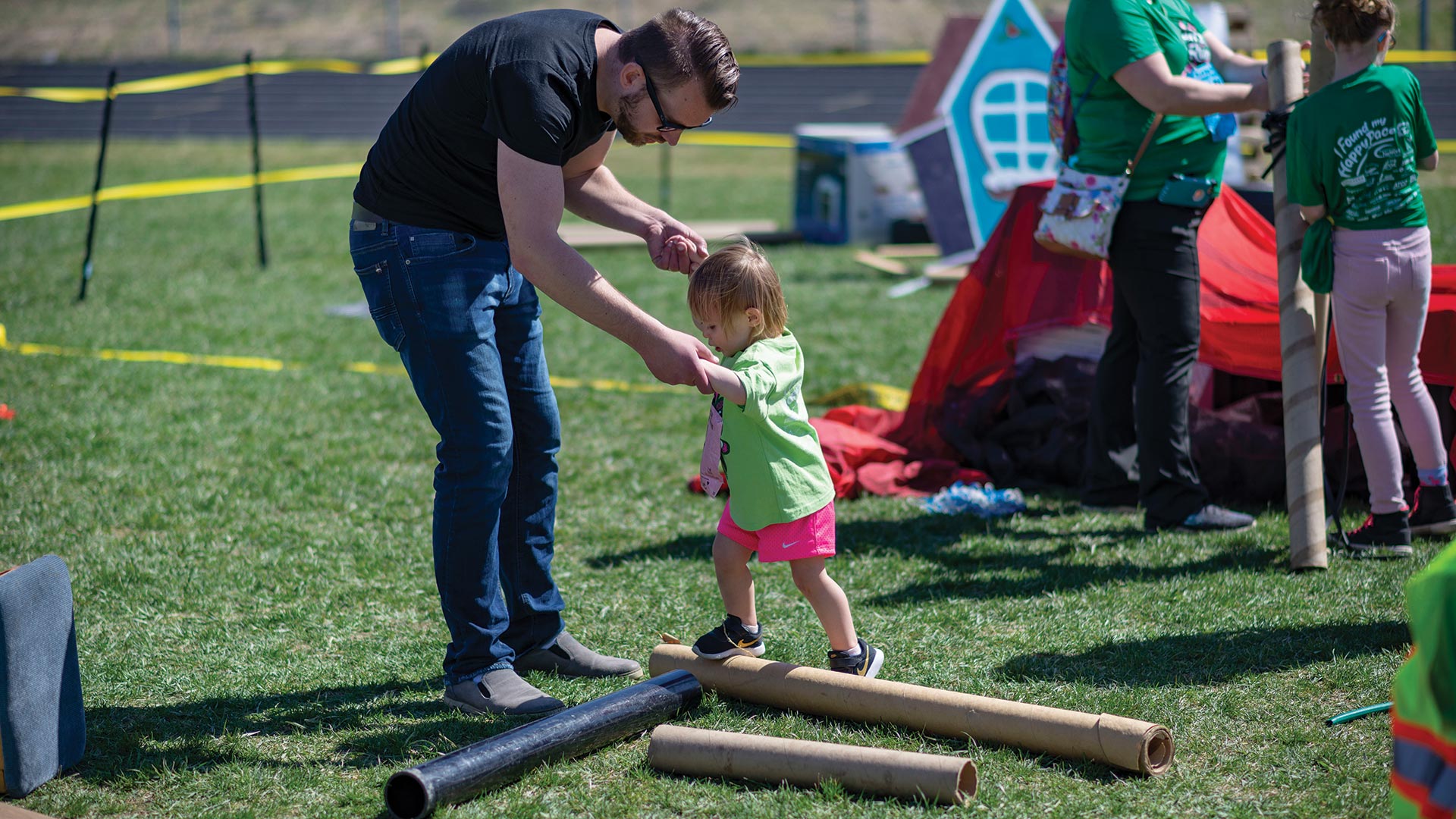
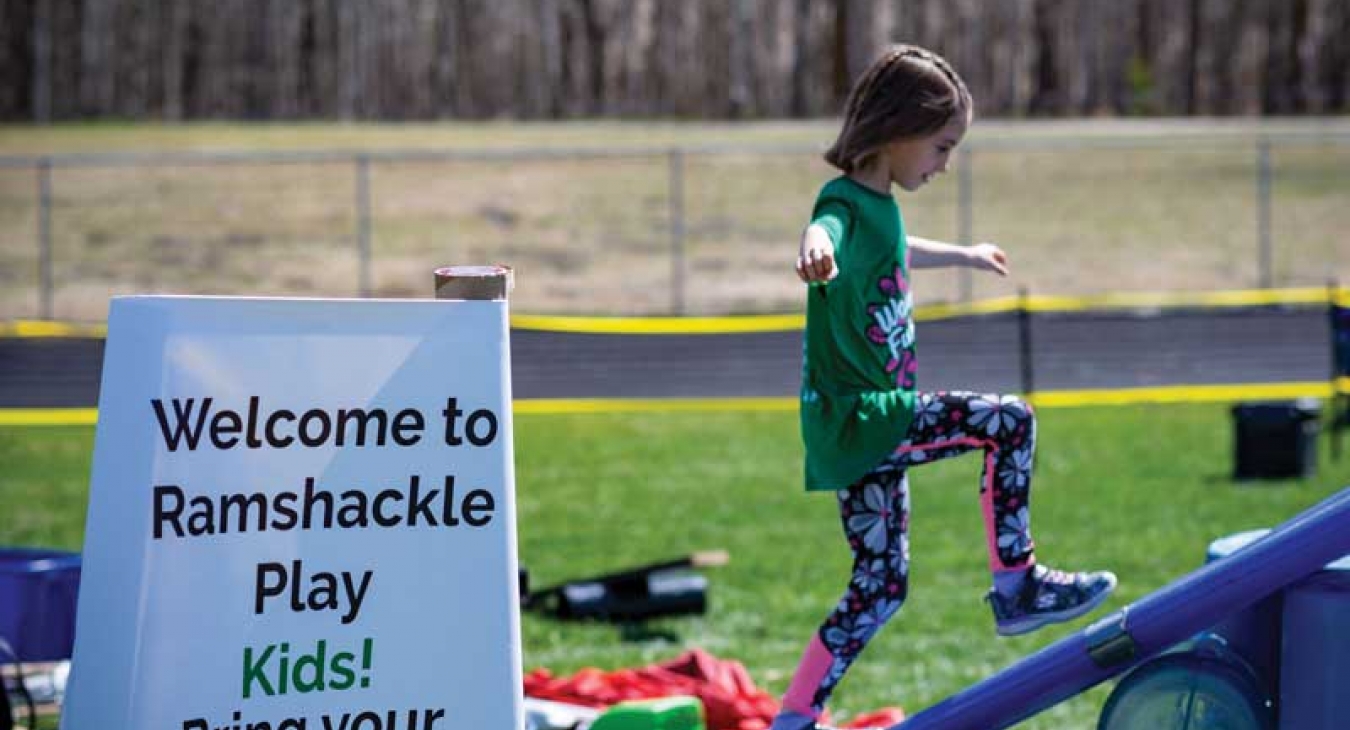
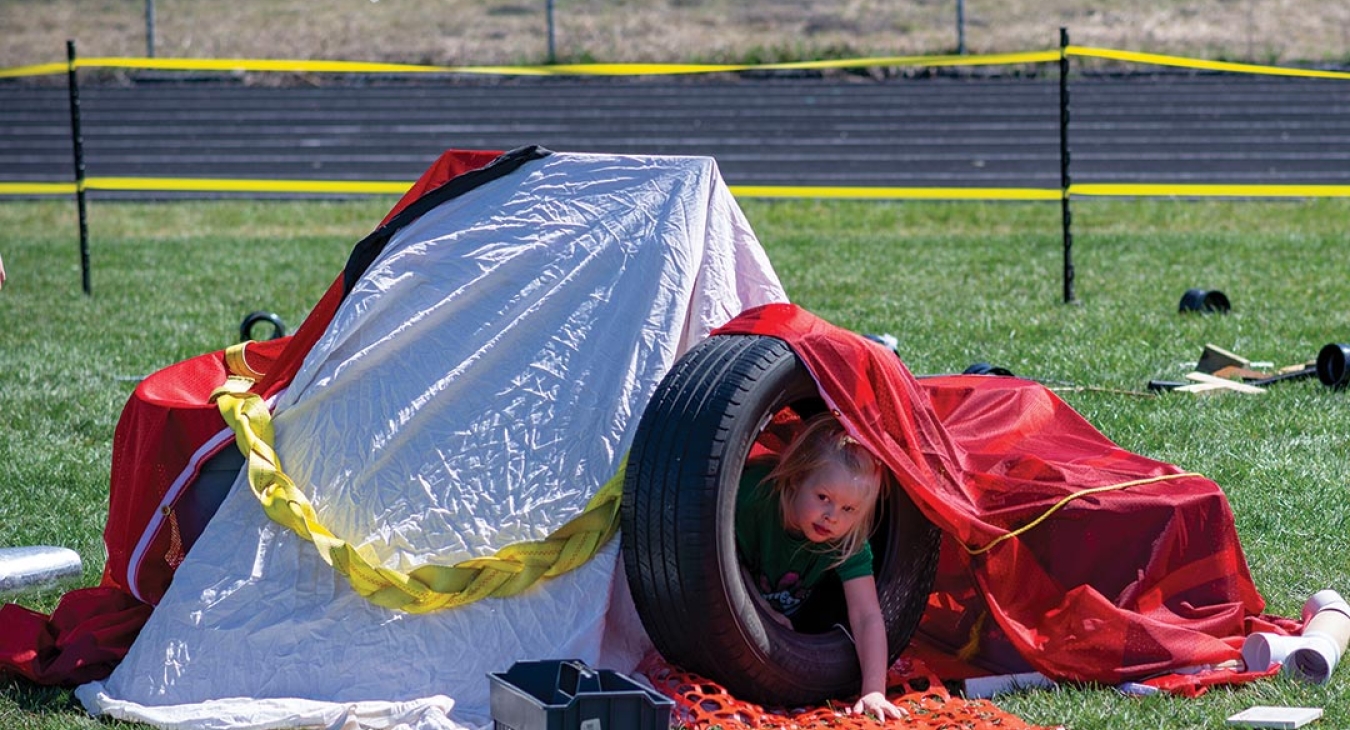
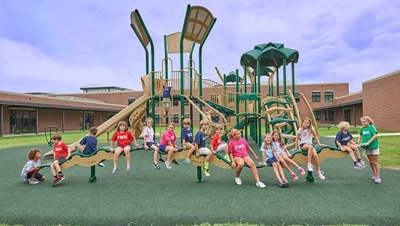
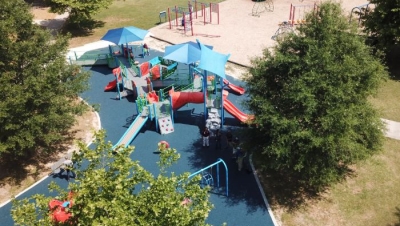
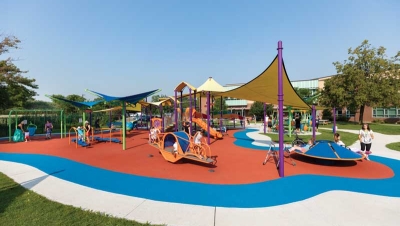
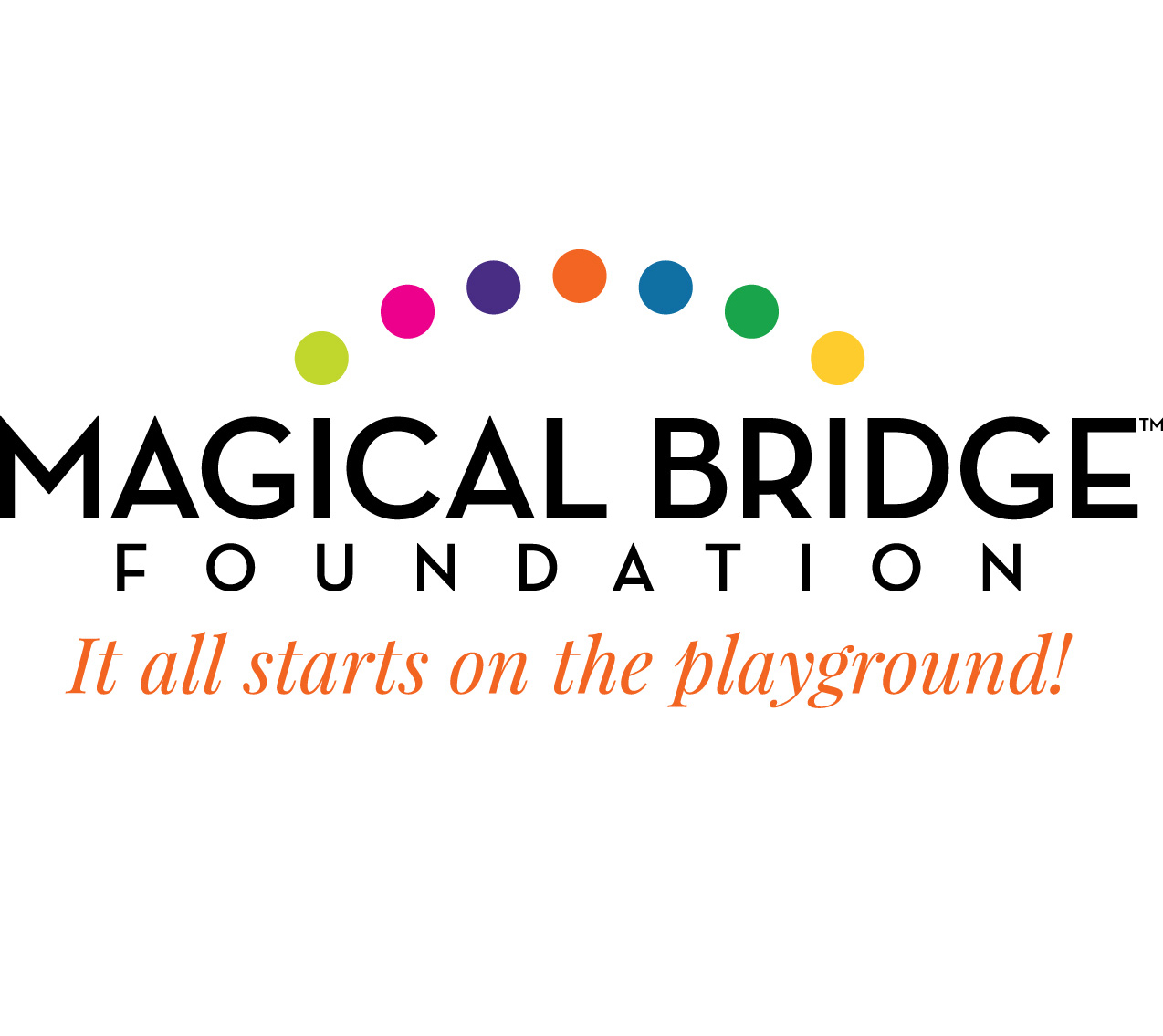


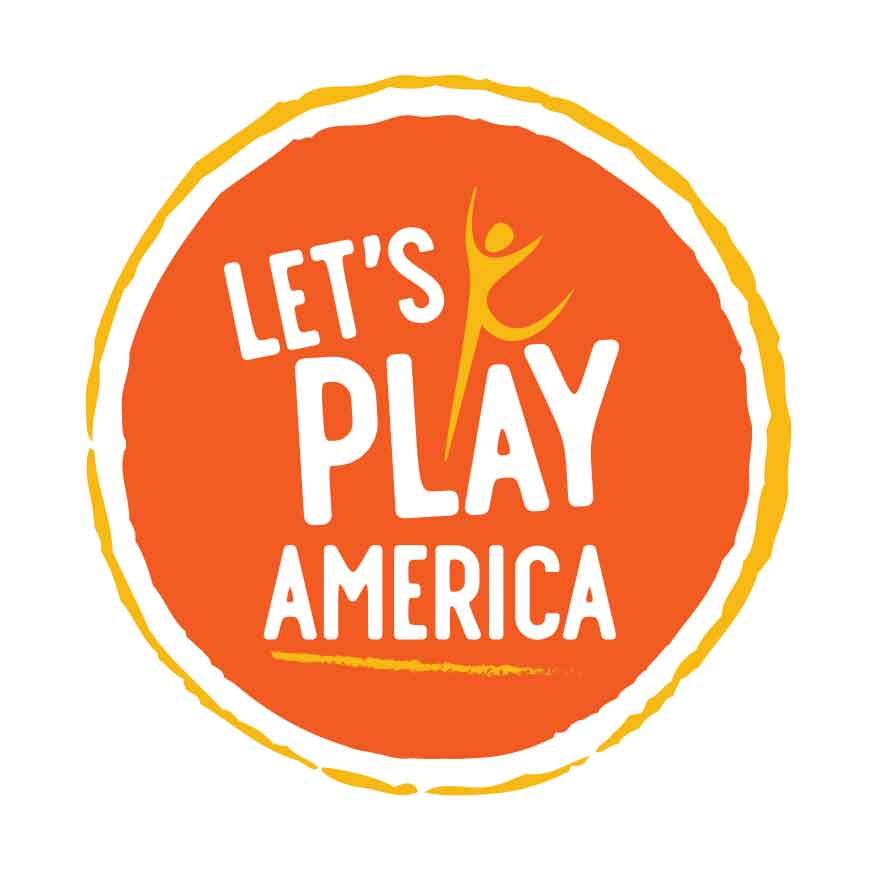
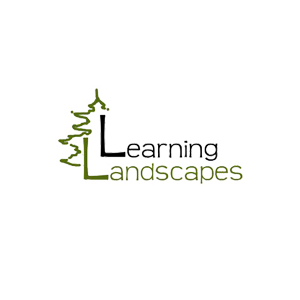


Add new comment